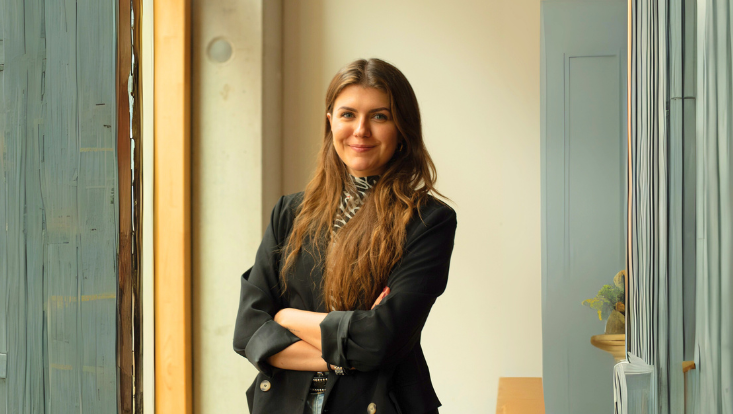Doctorate
The doctoral phase is a time of intensive research as well as personal and professional development. The HRA supports you with a wide range of interdisciplinary workshops, individual career counseling, writing support, coaching opportunities, and networking events. In close collaboration with the graduate schools of Hamburg’s universities, we provide information on relevant funding programs, offer guidance on balancing research and personal life, and create spaces for exchange with other doctoral researchers, postdocs, and professors.
Content
Advising
Counseling for doctoral researchers at our member universities is an integral part of the Hamburg Research Academy’s overall concept as the central contact point for early career researchers.
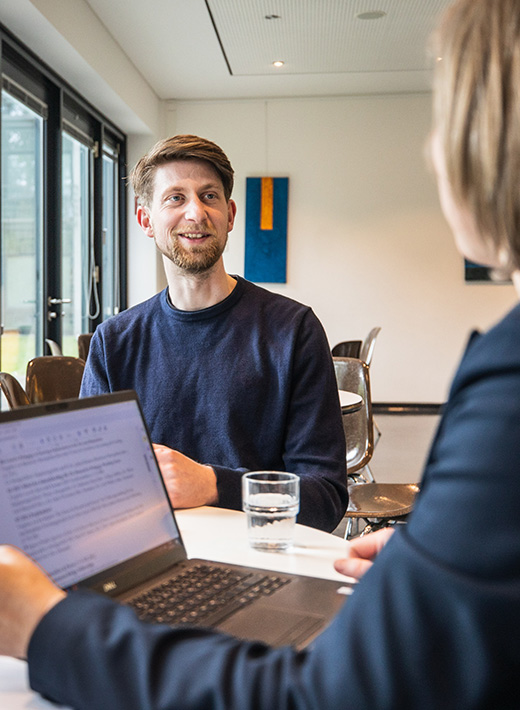
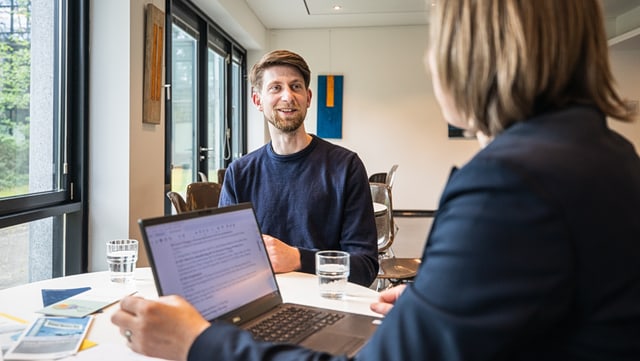
Photo: UHH/Esfandiari
Event Portal
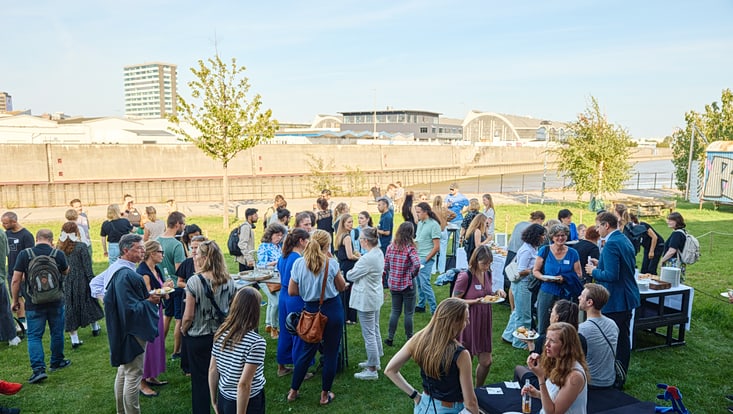
Photo: HRA/Wied
You can find all current offers from the Hamburg Research Academy and the universities in Hamburg in our event portal.
Explore the Event PortalContact
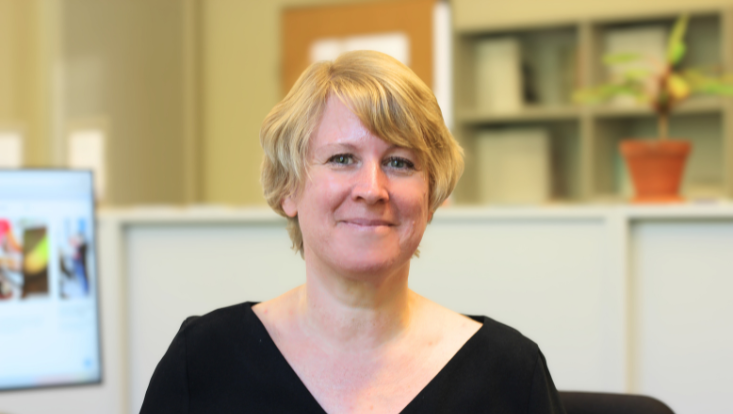
Photo: HRA
Have questions about doing a doctorate? Saskia Pfeiffer and the HRA team are here to help.
Write an E-Mail








